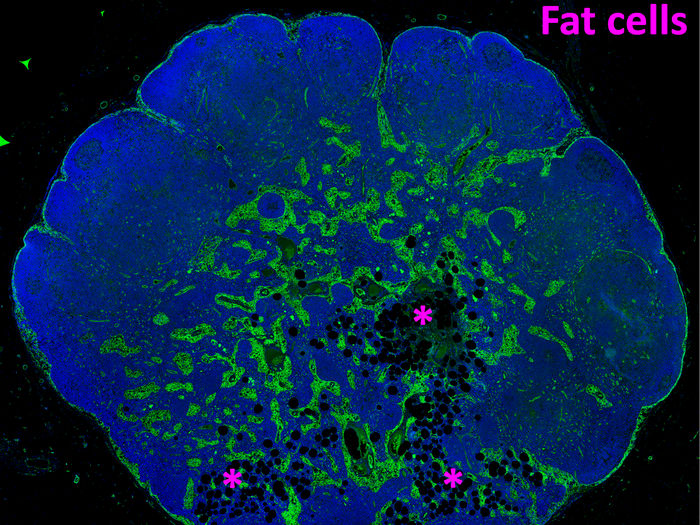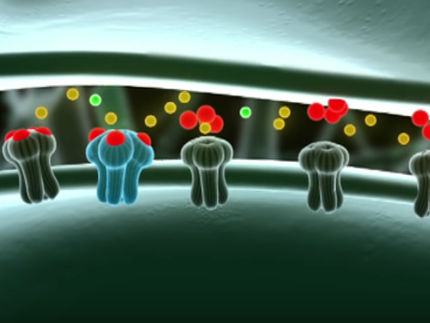Labopharm Reports Positive Results for Phase III Study on Once-daily Trazodone
Study Achieves Primary Efficacy Endpoint and Demonstrates Improved Quality of Sleep
Labopharm Inc. announced that its recently completed North American Phase III clinical trial for its once-daily formulation of the antidepressant trazodone (study 04ACL3-001) achieved statistical significance for the primary efficacy endpoint (p value of 0.0183). The study also demonstrated significantly improved patient sleep patterns in favour of trazodone. Labopharm plans to file a New Drug Application (NDA) for its once-daily formulation of trazodone with the U.S. food and Drug Administration later this year.
"The positive results of this study not only demonstrate the efficacy and safety of our once-daily formulation, but also the ability of our formulation to significantly improve the overall quality of sleep - there was significantly less awakening at night," said James R. Howard-Tripp, President and Chief Executive Officer, Labopharm Inc. "It is recognized that a major challenge in treating depression is having patients comply with taking their medication due to slow onset of action and exacerbation of sleep disturbance and agitation. As a result, a once-daily depression treatment that also reduces agitation and improves quality of sleep, thus reducing the need for add-on therapies, should be well positioned in the antidepressant marketplace. We believe that our once-daily trazodone formulation is such a treatment."
Trazodone is an atypical anti-depressant that acts as a dual serotonin agonist and serotonin reuptake inhibitor (SARI). Trazodone appears to increase serotonin activity via three mechanisms: the activation of neuronal serotonin receptors; the inhibition at the neuronal serotonin feedback system which regulates the action of serotonin; and the inhibition of the re-uptake of serotonin. Trazodone also helps to treat depression by improving sleep as a result of sedative effects caused by activation of histamine receptors and initiation and restoration of deep sleep cycles as a result of serotonin receptor activation. This may be of clinical benefit in depressed patients who have agitation, insomnia or poor sleep quality associated with their depression.
Organizations
Other news from the department research and development

Get the life science industry in your inbox
By submitting this form you agree that LUMITOS AG will send you the newsletter(s) selected above by email. Your data will not be passed on to third parties. Your data will be stored and processed in accordance with our data protection regulations. LUMITOS may contact you by email for the purpose of advertising or market and opinion surveys. You can revoke your consent at any time without giving reasons to LUMITOS AG, Ernst-Augustin-Str. 2, 12489 Berlin, Germany or by e-mail at revoke@lumitos.com with effect for the future. In addition, each email contains a link to unsubscribe from the corresponding newsletter.
Most read news
More news from our other portals
Last viewed contents
Thalamus
Category:Genetic_engineering
Labopharm completes licensing and distribution agreement with Nippon Shinyaku for once-daily tramadol in Japan
Stroke
MagForce to radically enforce market set up strategy with new management team - Core functions will be centralized in Munich
Category:Polysaccharides
Louis_Harold_Gray























































